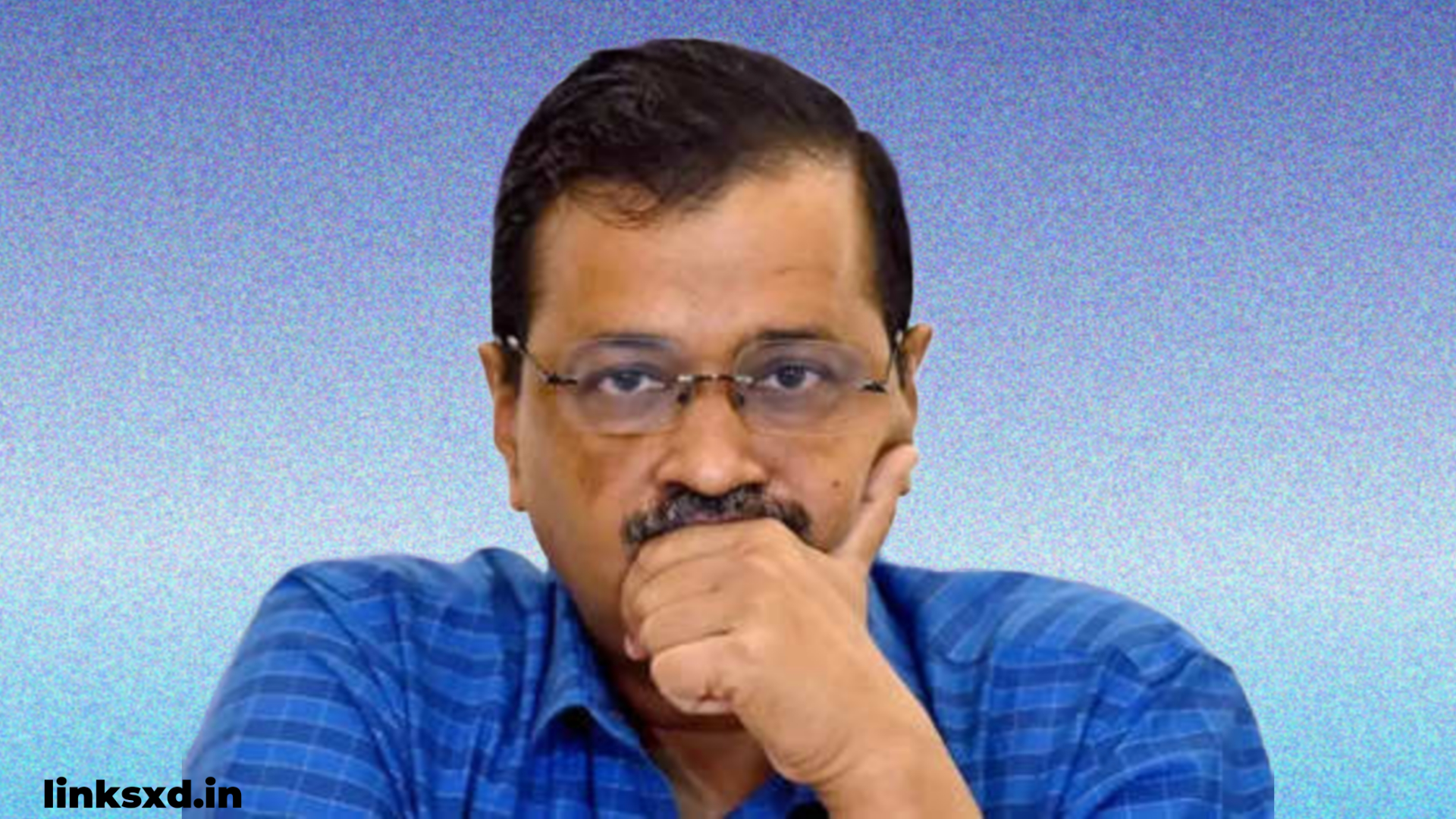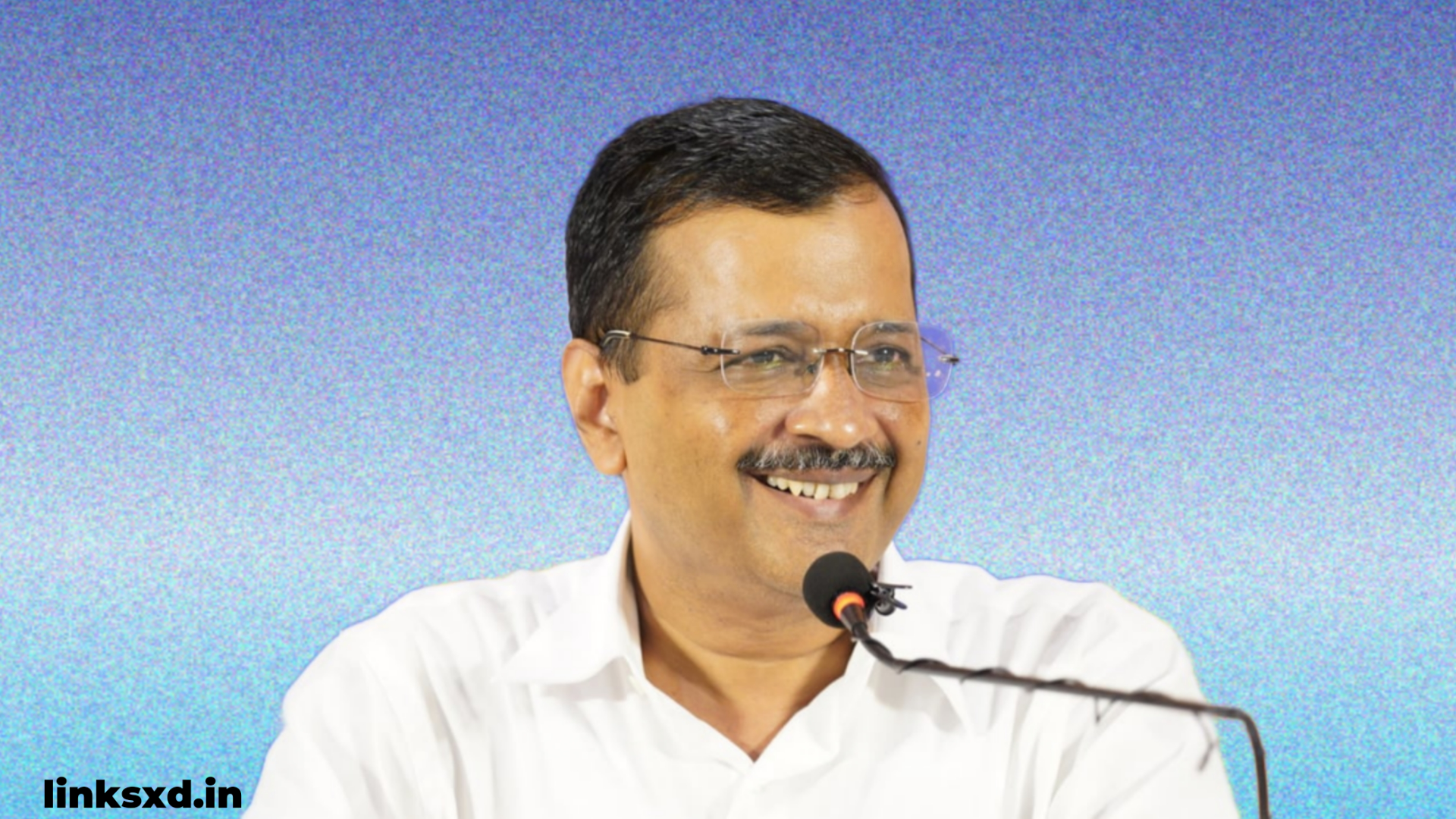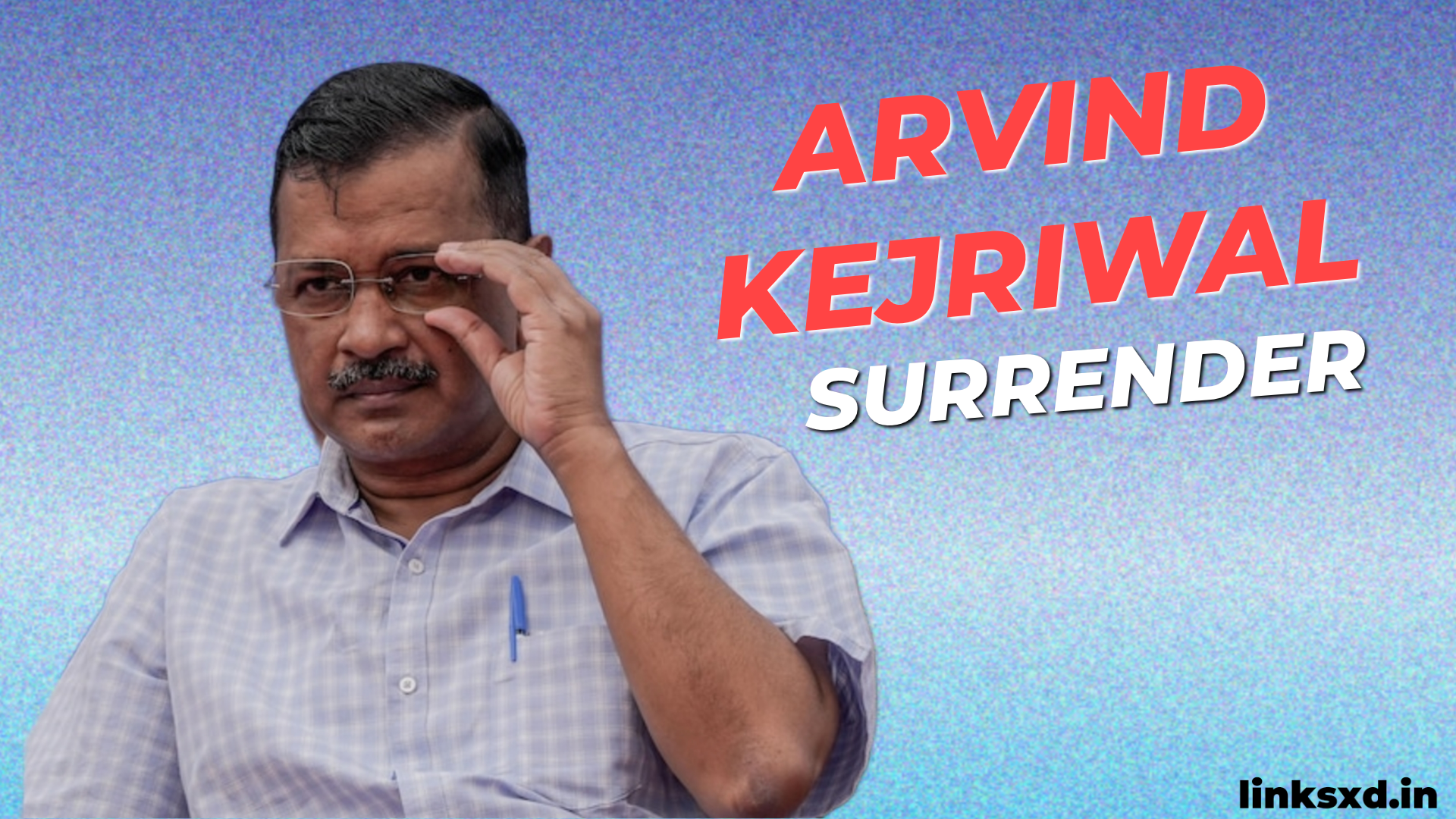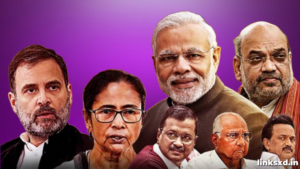Arvind Kejriwal
Arvind Kejriwal surrendered at Tihar Jail Sunday as his interim bail in relation to a money laundering case related to the now defunct Delhi Excise Policy Scam expired. Before surrendering he paid tribute to Mahatma Gandhi at Raj Ghat and made offerings at Hanuman temple in Connaught Place before surrendering.
Arvind Kejriwal Judicial Custody
Kejriwal’s arrest has thrust the AAP into an unprecedented crisis. As its mascot and primary vote-getter, as well as being responsible for much of its political acumen compared with established parties, his absence could severely diminish its prospects in Delhi and other key states where elections will soon take place.
The ED’s decision to seek judicial custody for Kejriwal may prove advantageous in their prosecution of him. They believe he is highly influential and may influence witnesses or alter evidence if released from prison.
Kejriwal has proven himself an experienced politician. Regardless of any challenges to his office from within or without, he remains firm in his resolve and promises to fulfill his duties as chief minister from jail if sent there, encouraging supporters not to be sad if sent there instead of proud that they helped fight dictatorship.
On arriving at court on June 2, Kejriwal paid his respects at Mahatma Gandhi’s memorial at Rajghat and visited Hanuman temple in Connaught Place before posting a message in Hindi on X (formerly Twitter) saying he would head towards Tihar Jail around 3 pm where AAP workers and leaders could meet him before surrendering themselves for arrest. Kejriwal expressed his thanks to the Supreme Court for providing him 21 days interim bail to campaign for Lok Sabha elections.

Arvind Kejriwal Overcrowding
Kejriwal has emerged as one of the rare challengers to Prime Minister Narendra Modi’s political dominance in India. Hailing from a middle-class background and studying engineering at top Indian institutes of technology, he left his cushy civil service job to lead an unprecedented campaign against government corruption. His movement made waves through its strident calls for the passage and implementation of Right to Information Act which gives citizens access to government records.
Kejriwal became Delhi’s chief minister and has used that position to transform his party into an opposition force that rivals Modi’s Bharatiya Janata Party in national elections. His public persona is focused on being seen as the leader of a “common man’s party”, dispensing with VIP culture that has come to define other Indian politicians; for instance he rode the metro to his inaugural ceremony and has rejected requests for government helicopters even while proposing populist policies like generous electricity subsidies.Arvind Kejriwal
With his Lok Sabha election victory and interim bail in the Delhi liquor policy case both secured, Kejriwal took to social media on Sunday morning – shortly before surrendering at Tihar jail – to share his schedule for surrender. On Twitter (formerly known as Twitter), the Aam Aadmi Party leader posted that he planned on visiting Raj Ghat and then Hanuman temple before heading towards Tihar jail around 3 pm.
Arvind Kejriwal Undertrials
An arrest before an election will undoubtedly have an impactful ripple effect, yet legal experts state that arresting politicians before polls open is unlikely to force them out of office or even benefit their political careers.Arvind Kejriwal
Kejriwal’s supporters maintain that Kejriwal’s arrest is part of a coordinated plan by Prime Minister Narendra Modi to demolish AAP before national elections, as evidenced by its timing in relation to state constitutional debates and Lok Sabha elections.Arvind Kejriwal
The ED’s contention in court was that Delhi CM was an active participant in an excise policy scam allegedly orchestrated by her and directly responsible for its formulation. They claimed he received proceeds of crime through this scheme while demanding kickbacks as payment.Arvind Kejriwal
At the hearing, an ED lawyer noted that releasing Kejriwal on bail would set an unfair precedent as it would demonstrate unequal standards between politicians and others in court proceedings. Furthermore, Kejriwal failed to appear for interrogation nine times; yet his legal team have maintained there is no substantial evidence against him and claimed the ED is misusing its investigative powers against opposition leaders unfairly. Special courts are held every third Saturday so those facing trials attend court proceedings and their cases don’t extend themselves by non-appearance.

Arvind Kejriwal Judicial Reforms
Kejriwal has become one of the country’s most beloved politicians due to his populist schemes and anti-corruption campaign. His activism reached its pinnacle in 2011 when he collaborated with Anna Hazare to launch the grassroots Jan Lokpal Bill movement that eventually helped pass it. While Kejriwal has garnered much admiration, some have pointed out his limited understanding of economics and politics – an observation which some critics find valid.
Kejriwal’s supporters worried he may lose support and some speculated the party might withdraw from elections altogether in response to the ED’s arrest attempt, sending shockwaves through AAP supporters and leading some to call for its cancellation altogether.
On Tuesday, a special court in Rouse Avenue ordered the Enforcement Directorate to keep Delhi Chief Minister Arvind Kejriwal under custody until March 28. According to Judge Robert Ruddy at Rouse Avenue court, Kejriwal is considered “key conspirator and kingpin in an excise policy-related money laundering case”.
Kejriwal remains dedicated to fighting “tanashahi”, or tyranny. He paid his respects to Mahatma Gandhi at Raj Ghat and visited Hanuman Temple in Connaught Place before visiting AAP workers urging them to remain confident ahead of June 4 polls; dismissing exit polls as fake.



